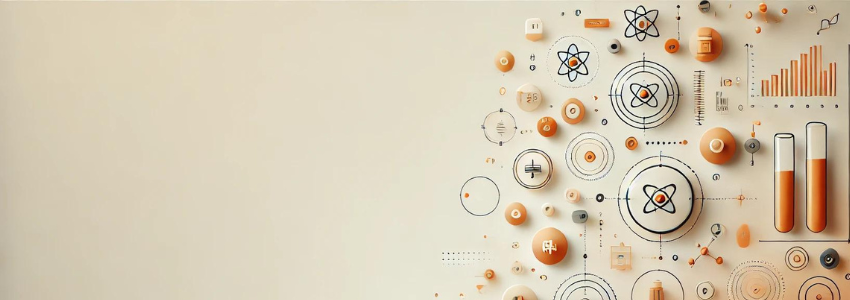Course Overview:
B.Sc. in Medical is a 3-year undergraduate program designed to provide in-depth knowledge of human anatomy, physiology, pathology, and various medical sciences. The program aims to build expertise in laboratory technologies, diagnostic procedures, and medical research, preparing students for roles in healthcare, diagnostics, and clinical laboratories.
Duration:
3 years (6 semesters)
Syllabus - Semester-Wise Breakdown
Year 1 (Semester 1 & 2):
Human Anatomy: Study of the structure of the human body, organ systems, and their relationships.
Physiology: Understanding of the functioning of organ systems, homeostasis, and regulatory mechanisms.
Biochemistry: Introduction to the chemical processes within living organisms and their significance in health and disease.
Medical Terminology: Study of medical terminology for effective communication in healthcare settings.
Introduction to Pathology: Basics of disease mechanisms, pathological processes, and laboratory diagnosis.
Microbiology: Study of microorganisms, their roles in health and disease, and their impact on human health.
Year 2 (Semester 3 & 4):
Pharmacology: Understanding of drugs, their effects on the human body, and therapeutic uses in medicine.
Clinical Laboratory Techniques I: Introduction to laboratory techniques for the diagnosis of diseases, including blood tests, microscopy, and biochemistry tests.
Histology: Study of tissue structure and microscopic examination for diagnosis.
Immunology: Study of the immune system, its functions, and disorders.
Parasitology: Understanding of parasitic infections, diagnosis, and treatment.
Instrumentation in Medical Labs: Study of laboratory equipment, its uses, and maintenance in medical diagnostics.
Year 3 (Semester 5 & 6):
Clinical Laboratory Techniques II: Advanced laboratory techniques, including hematology, urinalysis, and molecular diagnostics.
Pathophysiology: Study of physiological changes associated with diseases and their clinical manifestations.
Medical Ethics and Communication: Study of ethical practices in healthcare and communication skills for interacting with patients and healthcare teams.
Radiology and Imaging Techniques: Introduction to radiological techniques, including X-rays, MRI, and CT scans, for diagnosis and treatment.
Forensic Medicine: Application of medical knowledge in legal contexts, including autopsies, injury assessments, and toxicology.
Internship and Research Project: Hands-on experience in hospitals, clinics, or diagnostic labs, along with a research project focusing on medical sciences or diagnostics.
Average Fees:
INR 50,000 - 2,50,000 per year (varies based on institution)
Exams to Attend:
NEET (National Eligibility cum Entrance Test)
AIIMS Entrance Exam (for AIIMS institutions)
JIPMER Entrance Exam
State-level entrance exams like KEAM (Kerala), KCET (Karnataka), and WBJEE (West Bengal)
University-specific entrance exams
Top 10 Medical Institutes in India:
All India Institute of Medical Sciences (AIIMS), Delhi
Christian Medical College (CMC), Vellore
Armed Forces Medical College (AFMC), Pune
JIPMER, Puducherry
Kasturba Medical College (KMC), Manipal
King George’s Medical University, Lucknow
Maulana Azad Medical College (MAMC), Delhi
Institute of Medical Sciences (IMS-BHU), Varanasi
Grant Medical College, Mumbai
St. John’s Medical College, Bangalore
Top 10 Medical Institutes in Kerala:
Government Medical College, Thiruvananthapuram
Amrita Institute of Medical Sciences, Kochi
Government Medical College, Kozhikode
Government Medical College, Kottayam
Sree Gokulam Medical College and Research Foundation, Thiruvananthapuram
Malabar Medical College, Kozhikode
Jubilee Mission Medical College, Thrissur
Pushpagiri Institute of Medical Sciences, Thiruvalla
Government Medical College, Ernakulam
MES Medical College, Perinthalmanna
